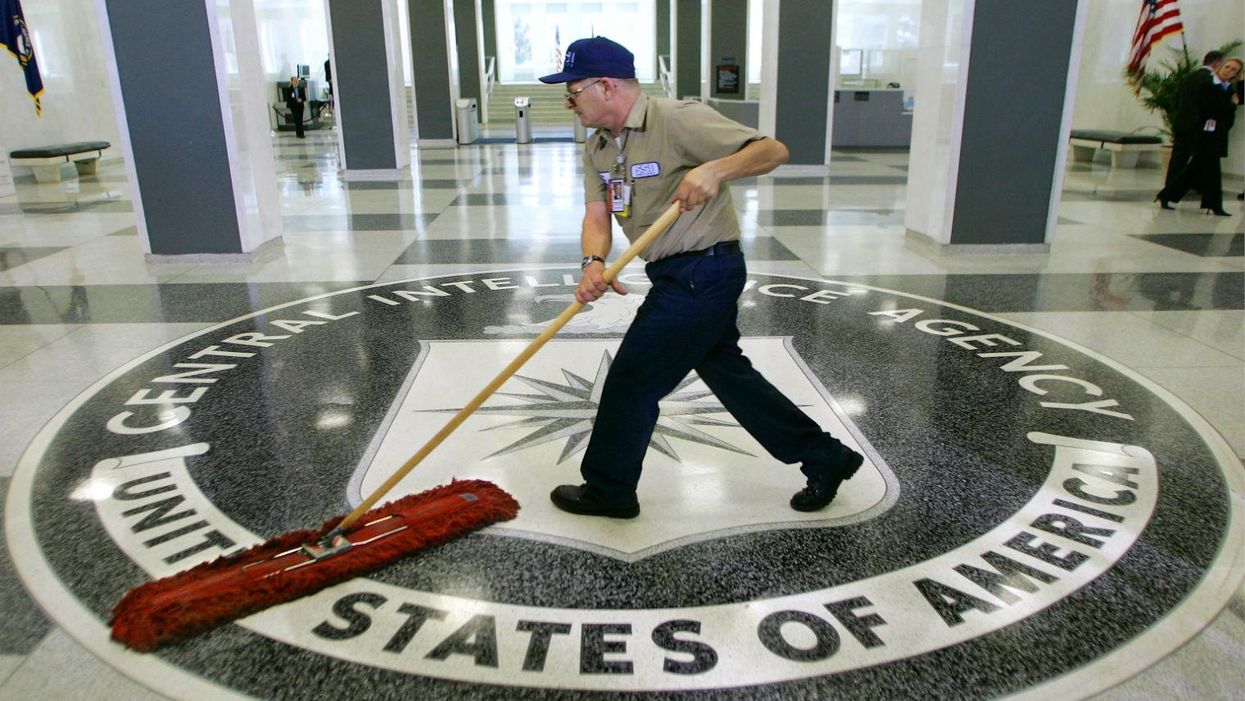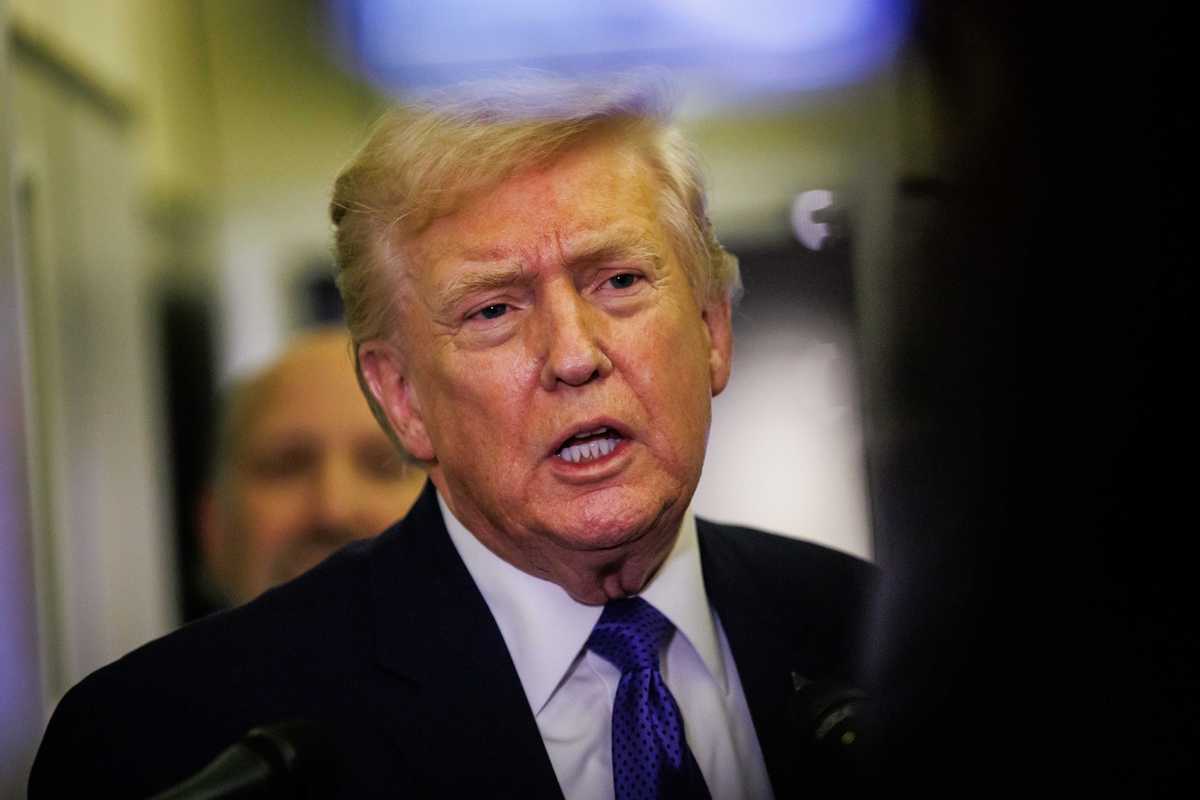News
Matthew Champion (with Contributions
Dec 09, 2014

A long-awaited US Senate report into "enhanced interrogation" techniques employed by the CIA on terror suspects after the September 11 attacks has been published. Here's what you need to know.
What has been published today?
Democrats on the Senate Intelligence Committee have published a 500-page executive summary of a still-classified full report running into 6,700 pages.
It has taken five years and cost $40million to get to this point.
What are they key findings?
The report's summary has 20 conclusions and findings but it itself summarises them into four "key findings".
The CIA's "enhanced interrogation techniques" were not effective
The CIA provided extensive inaccurate information about the operation of the programme and its effectiveness to policymakers and the public
The CIA's management of the programme was inadequate and deeply flawed
The CIA programme was far more brutal than the CIA represented to policymakers and the American public
In short, the techniques employed didn't work, were more brutal than previously thought and didn't help to foil any terror threats. Overall: a damning verdict.
How much of today's report is new?
Much of what has been published has been widely known for up to a decade. We already knew waterboarding - simulated drowning - and sleep deprivation were employed, and that black sites were used in countries such as Poland and Thailand. Former US president George W Bush ordered all black site prisons closed eight years ago.
However, we learned today that threats of sexual abuse, murder and murder of family members were also used against terror suspects.
At least five detainees were subjected to "rectal rehydration", or rectal feeding, without any medical reason to do so.
So did the CIA torture anyone or not?
Writing in the executive summary's foreword, committee chairperson Dianne Feinstein says: "It is my personal conclusion that, under any common meaning of the term, CIA detainees were tortured." The CIA has always maintained that this was not the case.
- Dianne Feinstein
But the accusations are also nothing new; Barack Obama - who stopped the CIA interrogation programme after assuming the presidency in 2009 - has said torture took place, as has attorney general Eric Holder, senator and former Republican nominee John McCain - himself a torture victim from the Vietnam War - and even former CIA director Leon Panetta.
What has been left out?
Increasingly acrimonious negotiations between Feinstein and the CIA have led to the vast majority of the detail of the report remaining classified. No names of CIA personnel are included, nor the locations of any black site prisons. Some Republicans, the CIA itself and even US secretary of state John Kerry had warned the publication of the report could trigger anti-US protests across the world. As a result of the redactions, it is virtually certain that no one will face prosecution due to the report.
What's the reaction so far?
In a written statement, President Obama, who insisted the report be at least partially published so that lessons could be learned, said: "Rather than another reason to refight old arguments, I hope that today's report can help us leave these techniques where they belong, in the past."
The CIA insisted that, contrary to the findings of the report, lives were saved through its interrogations.
"The intelligence gained from the programme was critical to our understanding of al-Qaeda and continues to inform our counterterrorism efforts to this day," a statement said.
Senate Republican leaders Mitch McConnell and Saxby Chambliss added in a joint statement that the CIA's actions had helped lead to the death of Osama bin Laden.
"Claims included in this report that assert the contrary are simply wrong," they said.
You can read the full executive summary here.
More: [The most shameful episodes in the CIA's history]2
More: [This is how Barack Obama admitted the US had used torture]3
Top 100
The Conversation (0)














